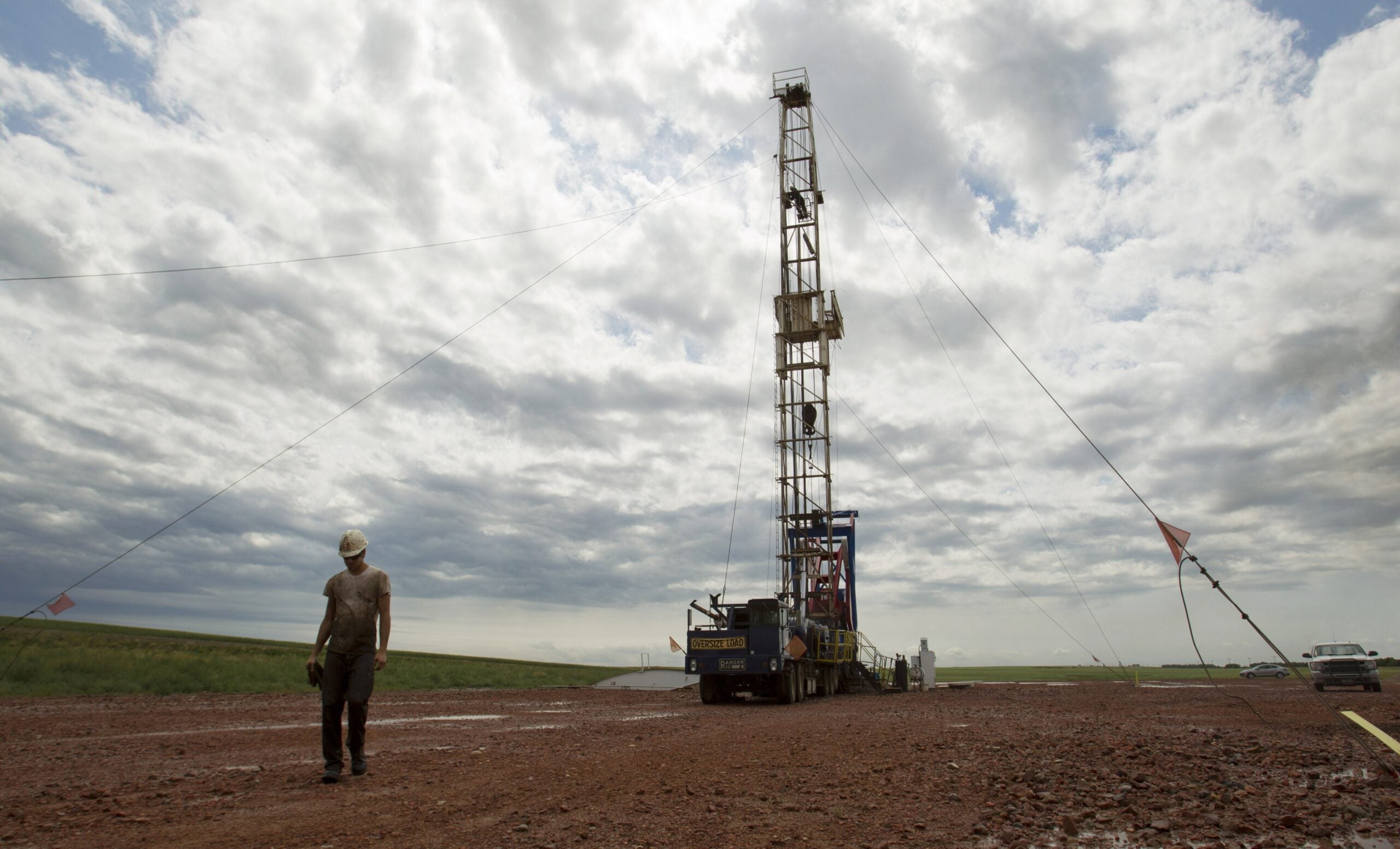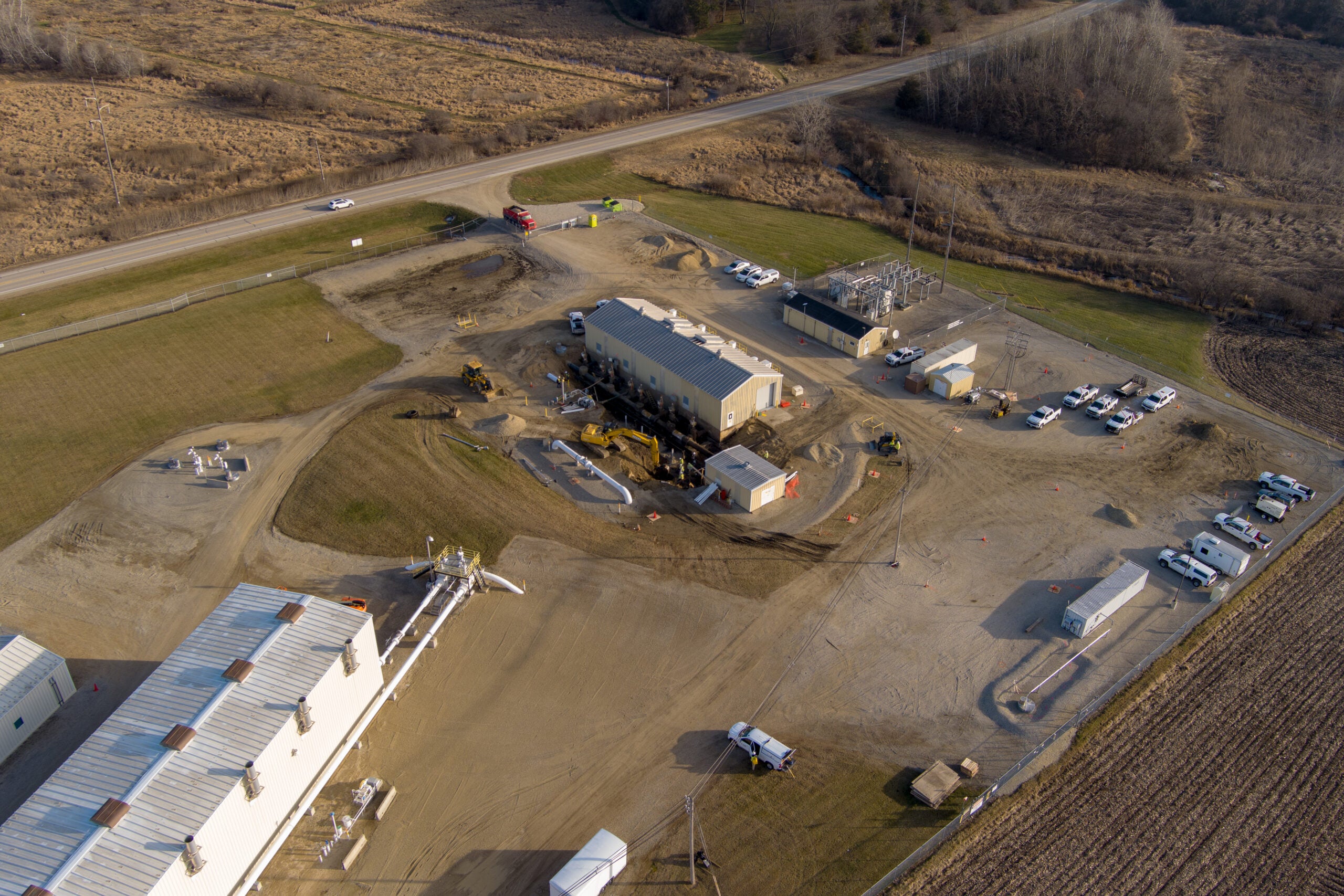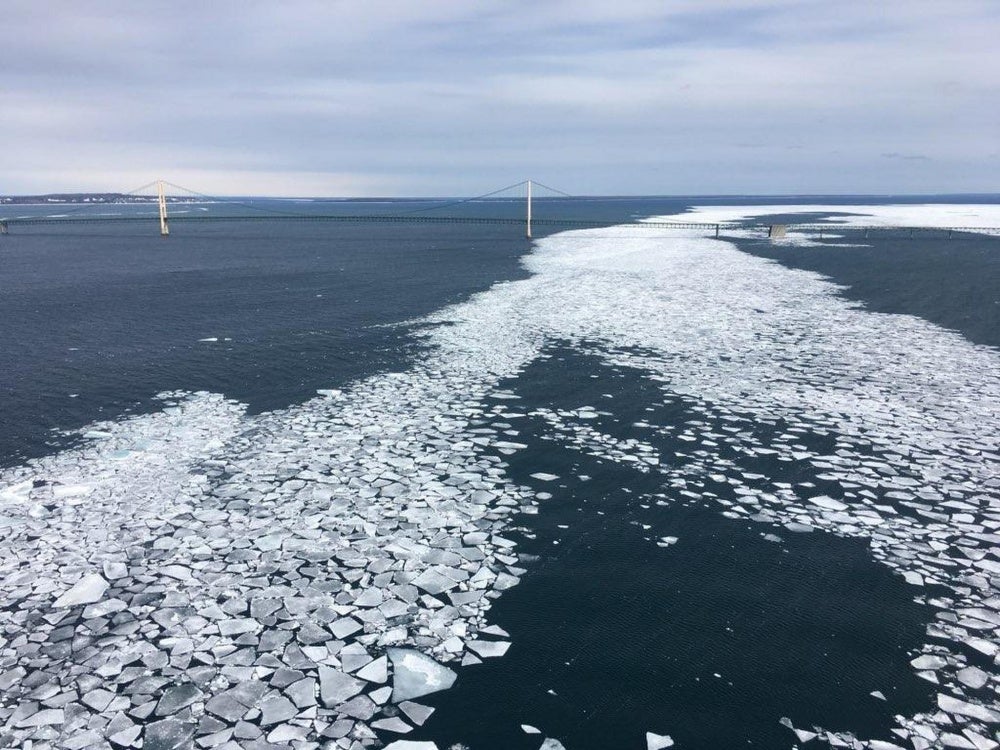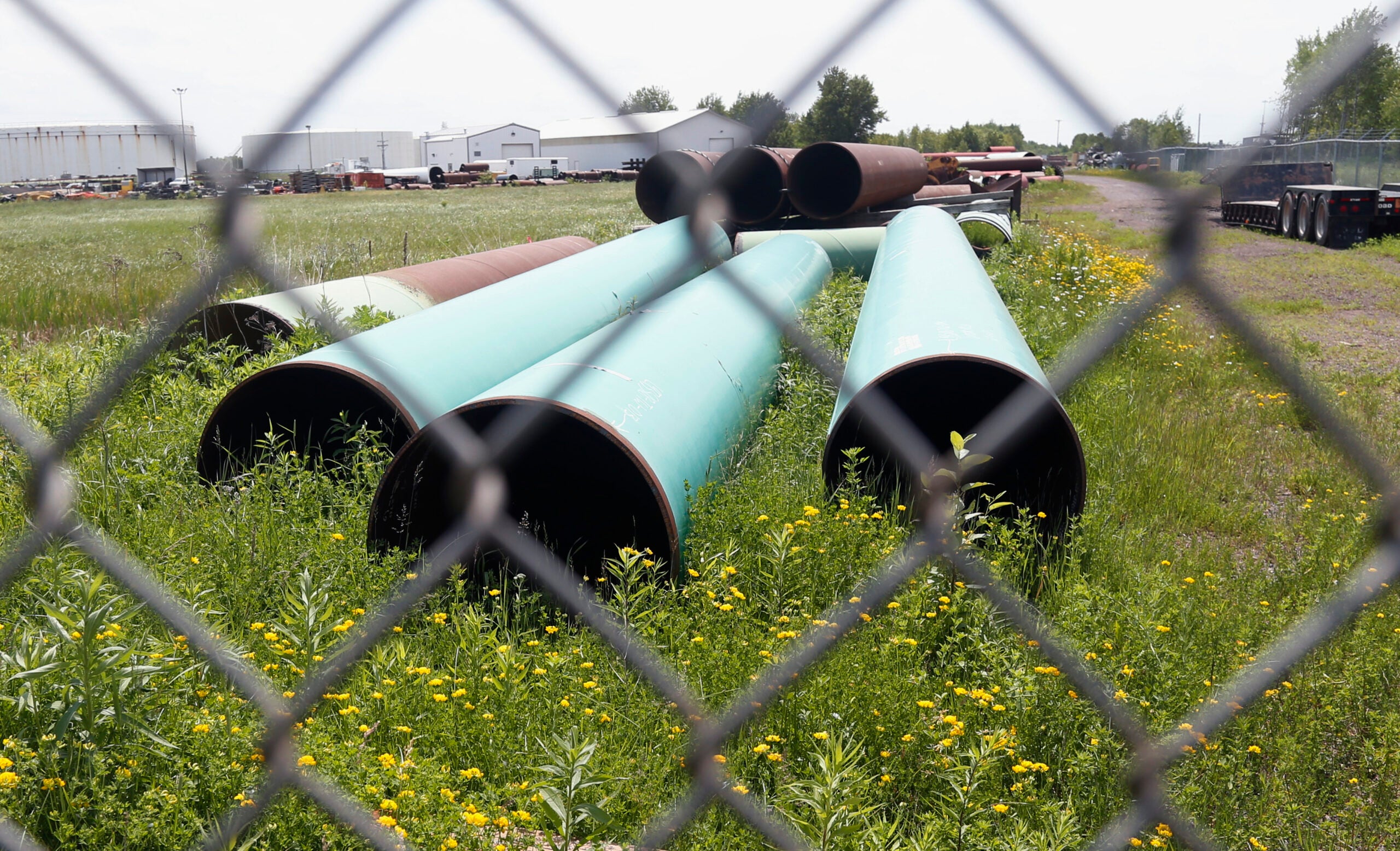An energy firm is backing away from plans to build a $2.6 billion pipeline from the Bakken oil fields of North Dakota to Superior, Wisconsin. Some regional leaders see it as a blow to the local economy.
Enbridge Energy has touted its 616-mile proposed Sandpiper pipeline as a safe and reliable alternative to transporting Bakken crude oil by rail. But Enbridge said slowing crude oil production has prompted the company to drop the project until the market rebounds.
“New capacity to move crude oil out of the Bakken will not be likely needed until beyond our current five-year planning horizon,” said Enbridge spokeswoman Shannon Gustafson. “As a result, we have withdrawn our regulatory applications with the Minnesota Public Utilities Commission.”
Stay informed on the latest news
Sign up for WPR’s email newsletter.
Superior Mayor Bruce Hagen said he’s not surprised. Even so, he said the news is disappointing.
“We may have enjoyed more oil pipeline tax revenue, which helps the city operate,” Hagen said. “Plus, the jobs that are created, not just the construction jobs, but those jobs that come after it. Hopefully it’ll come back to be discussed and presented again.
Enbridge had said the project would create more than 3,000 construction jobs and provide $25 million in tax revenues for Minnesota, where most of the pipeline would cross.
Brian Hanson, CEO and president of the business development engine APEX in northern Minnesota and Wisconsin, said red tape in Minnesota hampered the project.
“I don’t see this as Enbridge withdrawing or dropping this project,” Hanson said. “That’s them being forced out by a lack of a timely and predictable process for moving this project forward.”
Meanwhile, environmental and tribal groups celebrated the news as a step toward a more sustainable future.
The pipeline would have been an unnecessary threat to waterways and wild rice along the potential route, said Winona LaDuke, White Earth tribal member and founder of the Native organization Honor the Earth.
“We opposed the Sandpiper because there’s an 85 percent drop in drilling in the Sandpiper right now – active drills have dropped 85 percent,” LaDuke said. “It’s a pipeline from nowhere is what it was, and the same thing with Dakota Access – huge drop in the Bakken.”
The number of drill rigs has fallen from a high of 194 in Sept. 2014 to 33 this year, according to North Dakota government statistics. Crude oil production reached a peak of 1.2 million barrels per day last year, but production has slowly been dropping to roughly one million barrels per day as oil prices are hovering under $50 per barrel.
LaDuke said Enbridge should be focusing on its transition to renewable sources of energy such as wind and solar.
Earlier this week, the Wisconsin Department of Natural Resources signed off on a waterway and wetlands permit for Enbridge’s Line 3 replacement project in Douglas County.
Wisconsin Public Radio, © Copyright 2025, Board of Regents of the University of Wisconsin System and Wisconsin Educational Communications Board.




